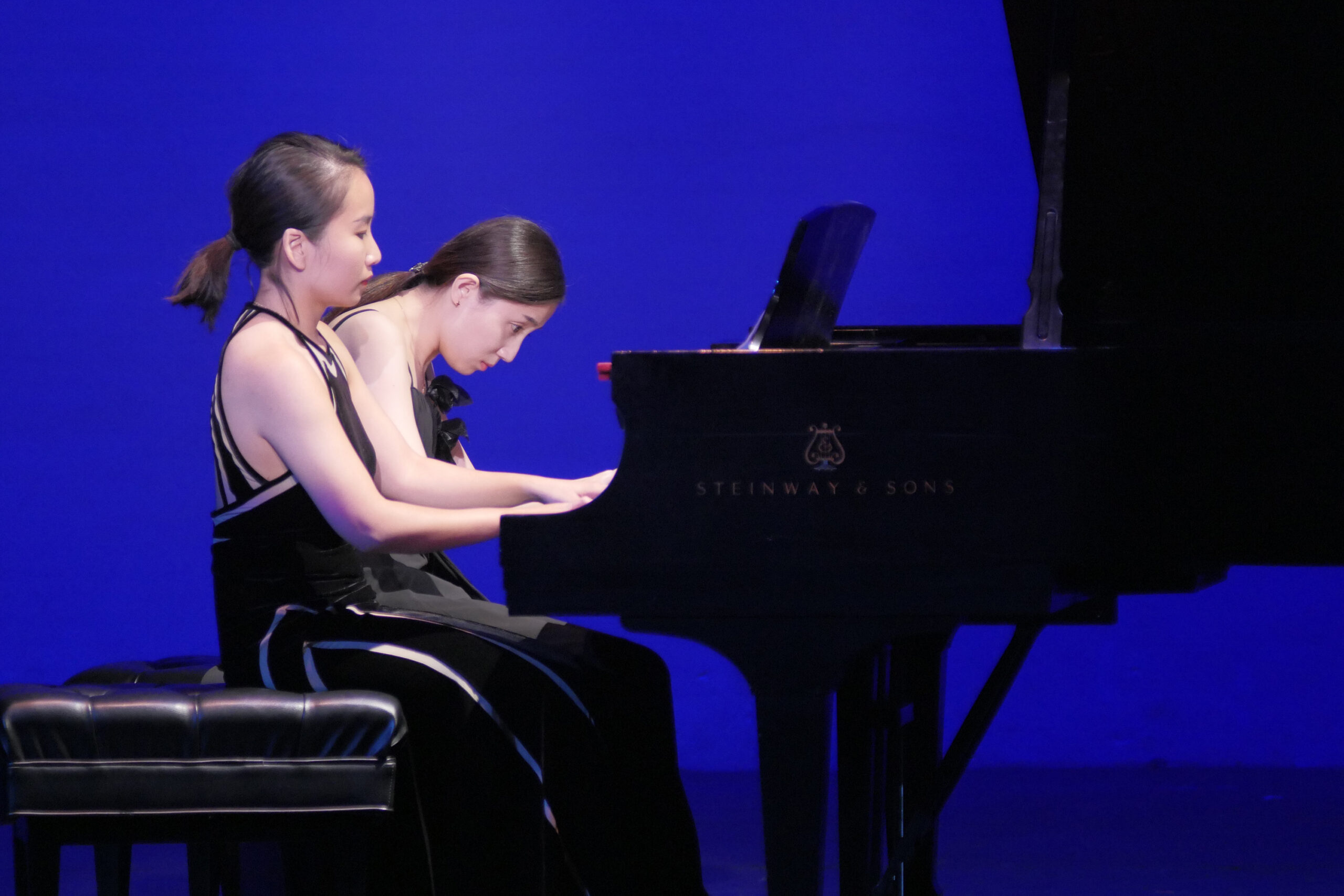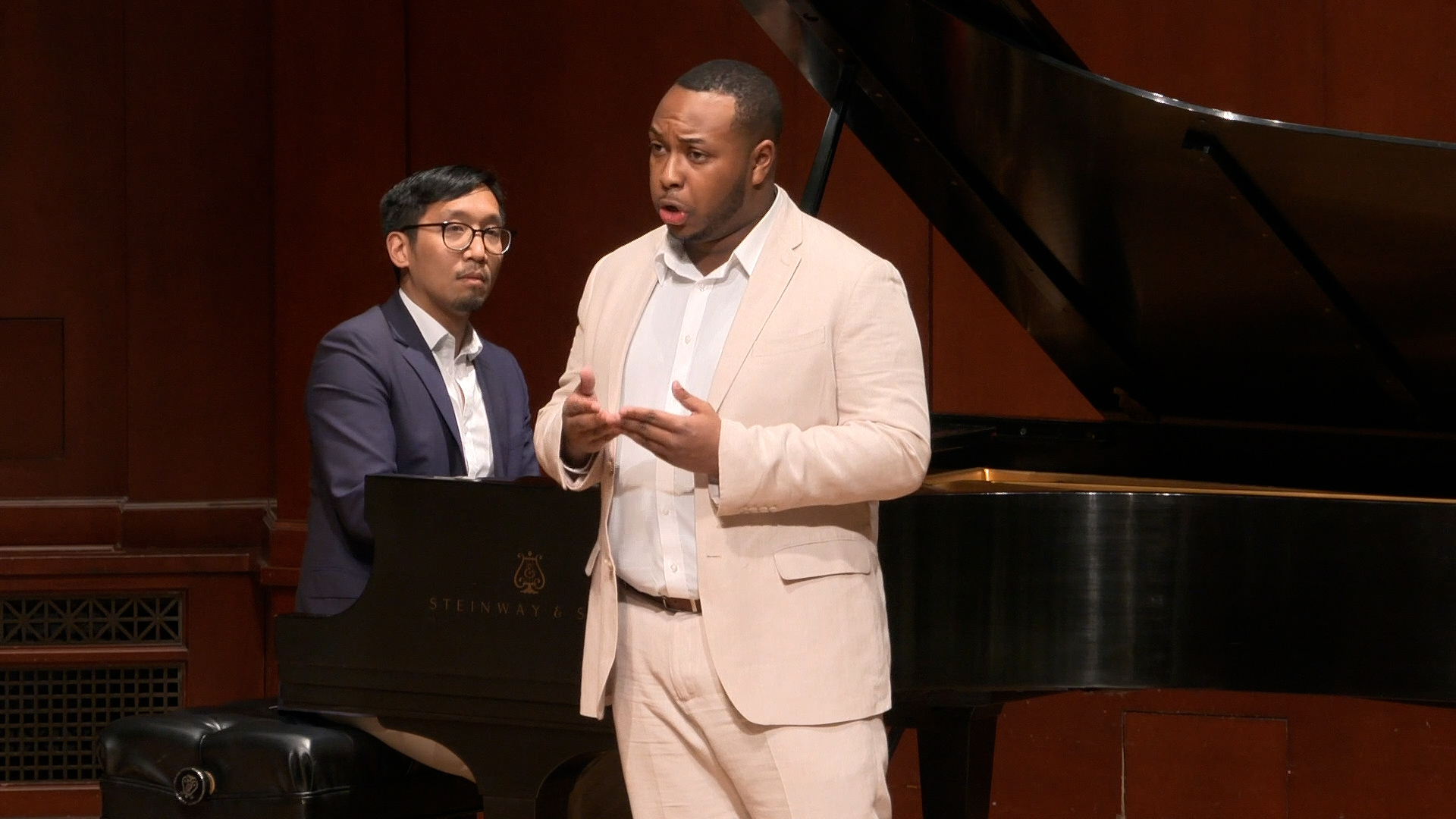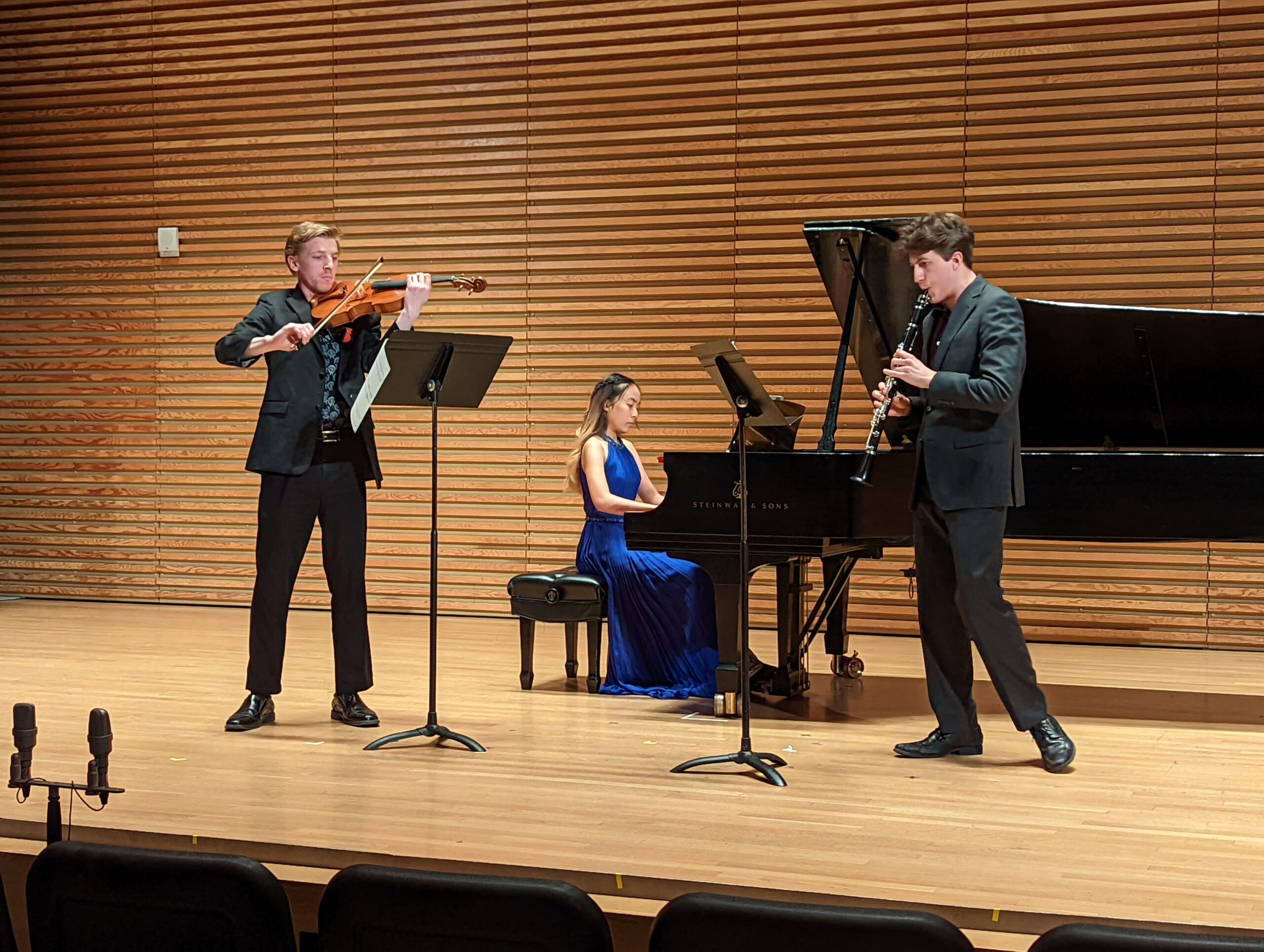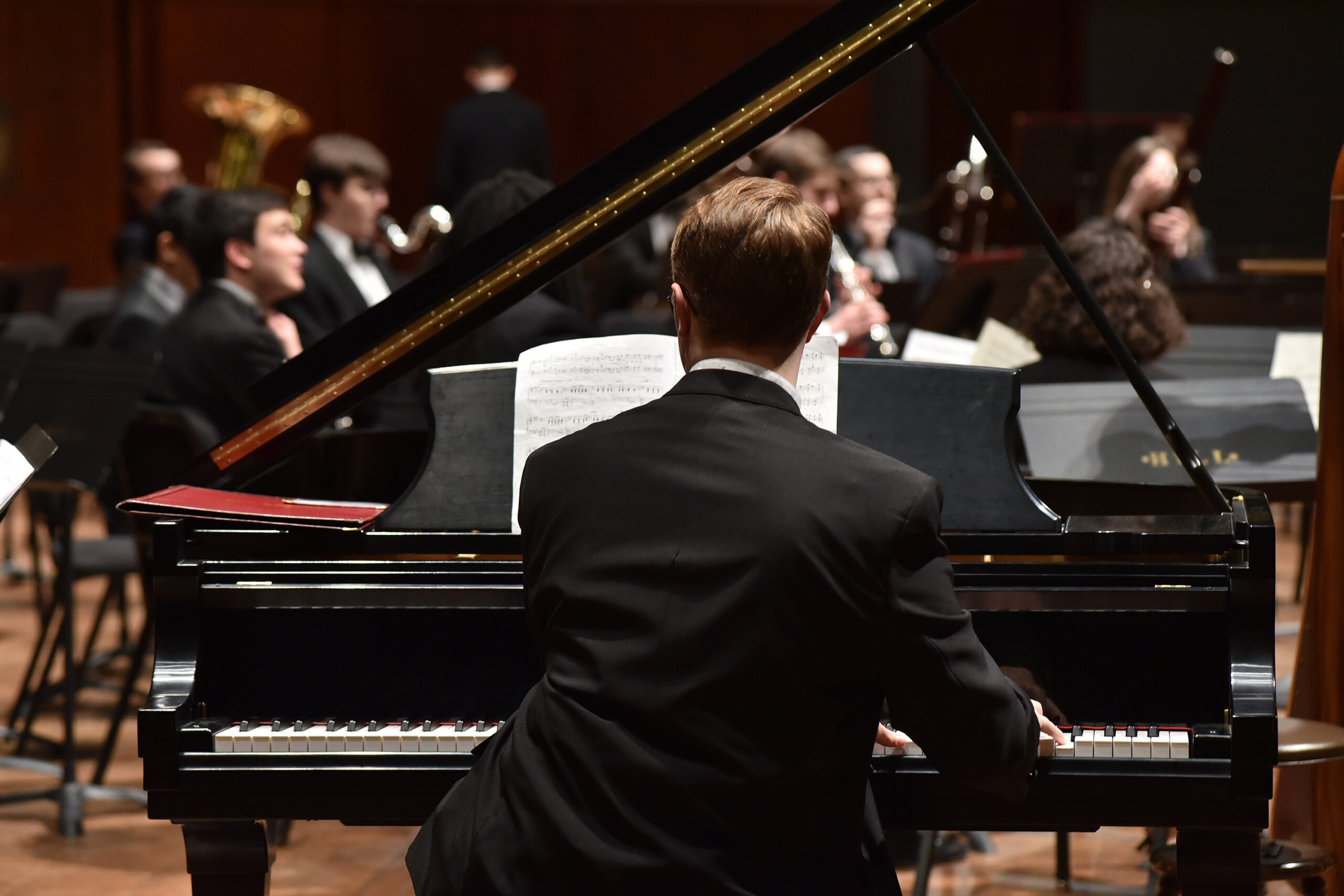Doctor of Musical Arts in Piano Performance
Application deadlines are specific to degree programs. See our Graduate Admissions page for a list of all deadlines.
Designed for students seeking the highest degree in the field, the DMA is a rigorous, four-year course of academic and performance study providing numerous and diverse opportunities, including solo work, chamber music, public presentations, and a concerto performance with professional orchestra. Michigan DMAs in Piano Performance are prepared to join the ranks of higher education anywhere in the world, to become leaders in performance and in the training of the next generation of musicians.
All Piano Performance DMA students are provided with four years of funding through a Graduate Student Instructorship, which covers all tuition and fees as well as providing a stipend for work in teaching group classes and private piano to secondary and principal students.
Grants for competition and festival travel, as well as support for other projects (such as recordings or other performances and research) are available through the Rackham School of Graduate Studies and other SMTD sources, such as the Michigan Recording Project (which seeks to professionally record and document underrepresented piano repertoire) and the EXCEL (entrepreneurship) program. Opportunities to earn certificates in Theory Pedagogy and Entrepreneurship & Leadership are also offered.
Curriculum
The doctoral degree is awarded on the basis of demonstrated competence, not on a specified number of credit hours. Completion of the program normally requires six terms of full-time study beyond the master’s degree. Students are expected to attain candidacy effective at the beginning of the fifth term. Courses to include performance, private lessons, music theory, and musicology.
Courses
SMTD offers a wide variety of courses across all disciplines.
Silent Advisor
Degree requirements and term-by-term layout for current students.
Funding
Nearly all DMA students receive full-tuition fellowships. Most also receive health benefits and a stipend attached to a Graduate Student Assistantship, which can vary in proportion to the appointment fraction and the duties associated with it. In addition to the funding packages offered by the SMTD, Rackham students are also eligible to apply for a wide range of fellowships to fund research, travel, and performance.
Residency Requirement
At least two academic years of full-time residence are required.
Faculty
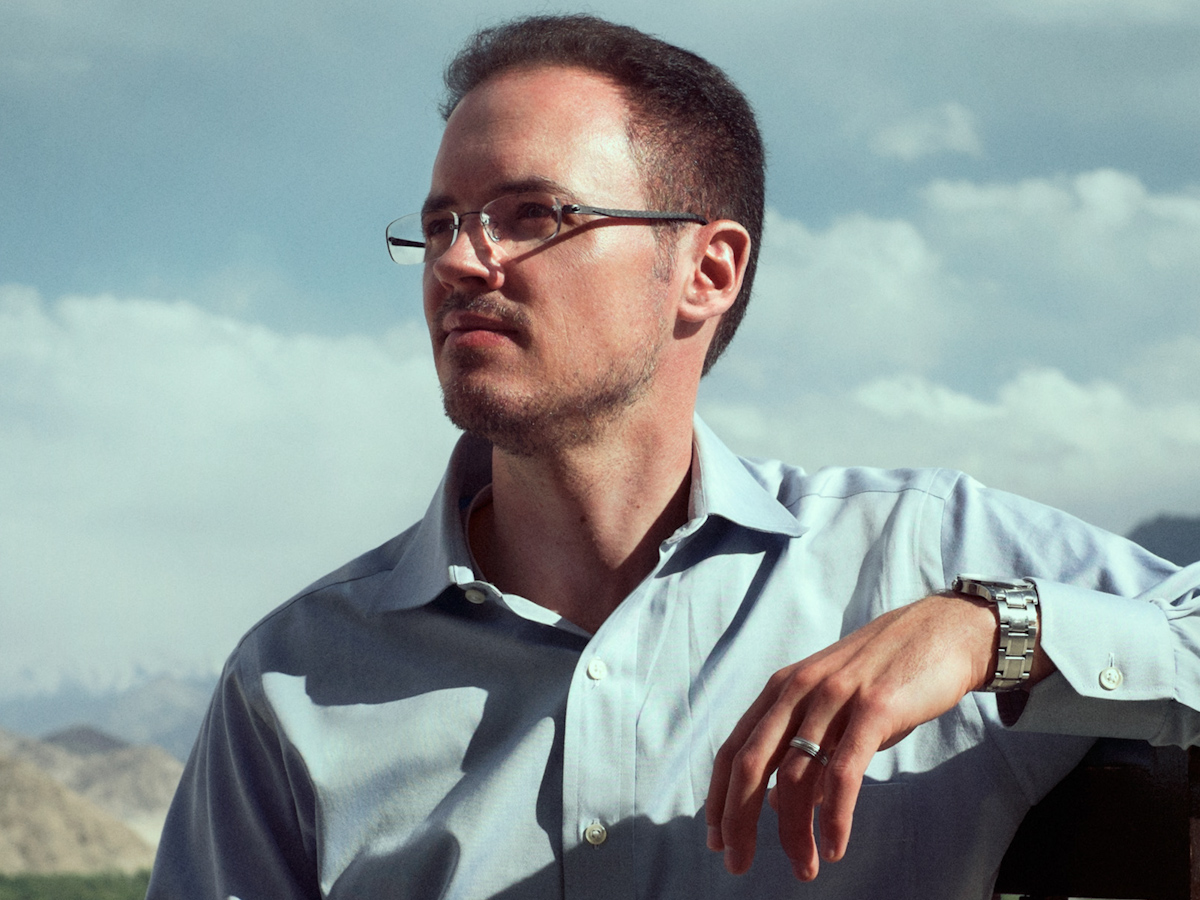
Matthew Bengtson
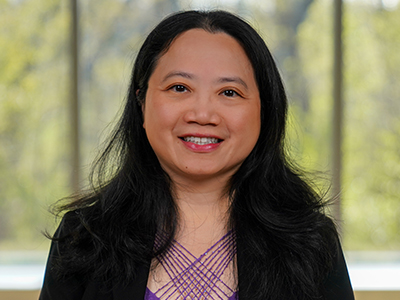
Amy I-Lin Cheng
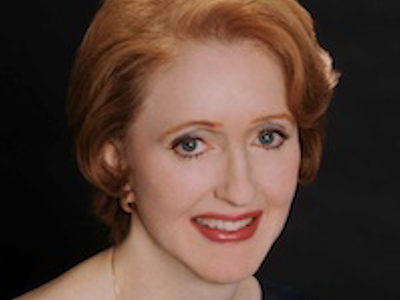
Katherine Collier
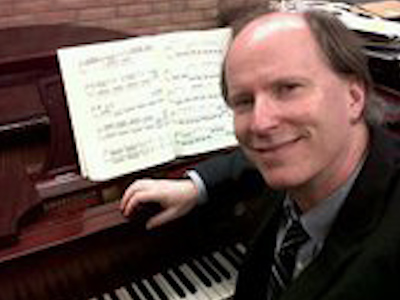
John Ellis
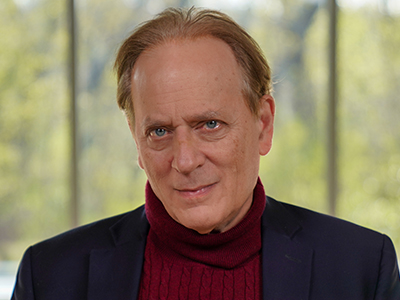
Arthur Greene
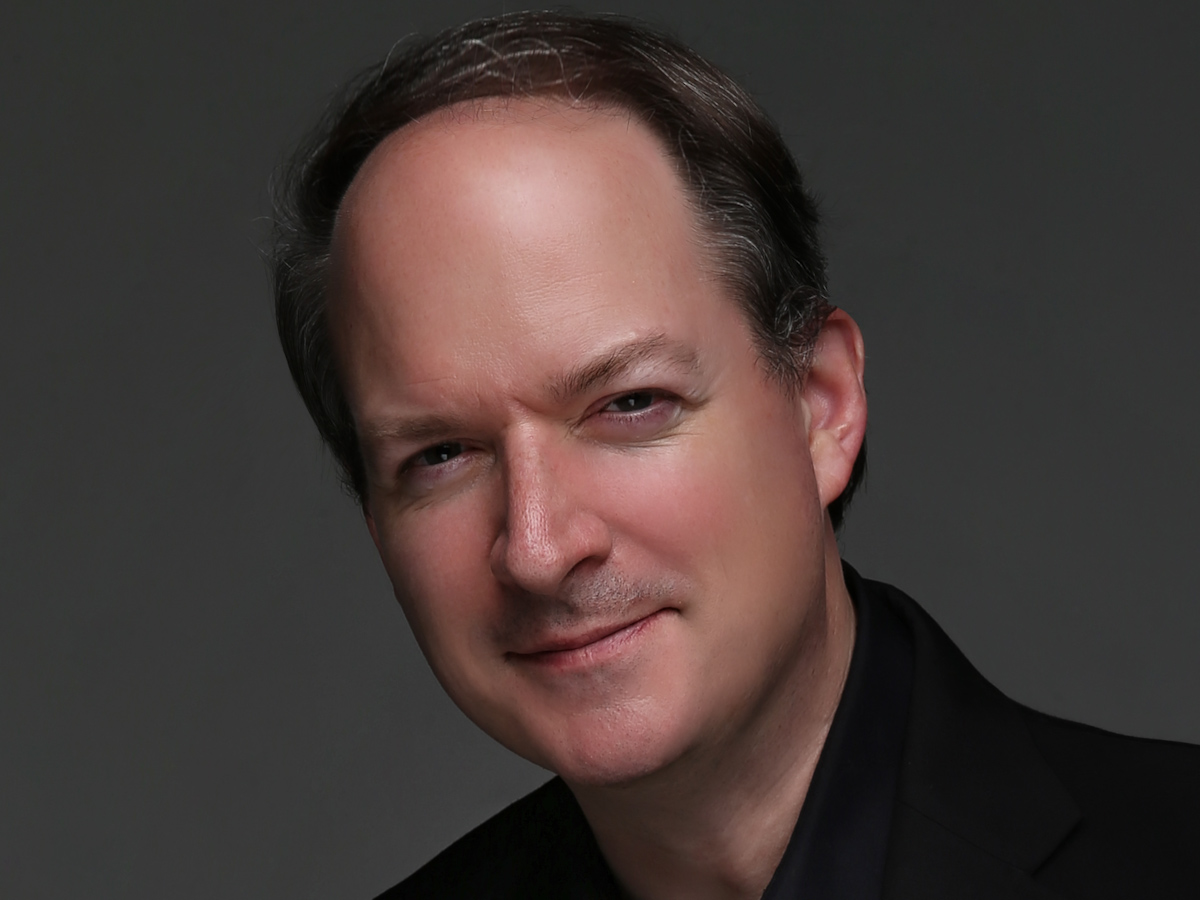
Christopher Harding
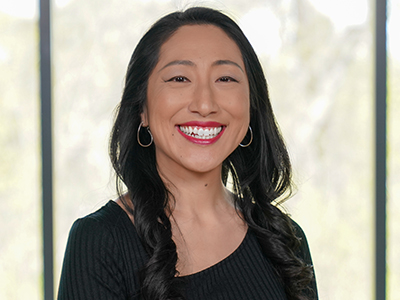
Aya Higuchi Hagelthorn
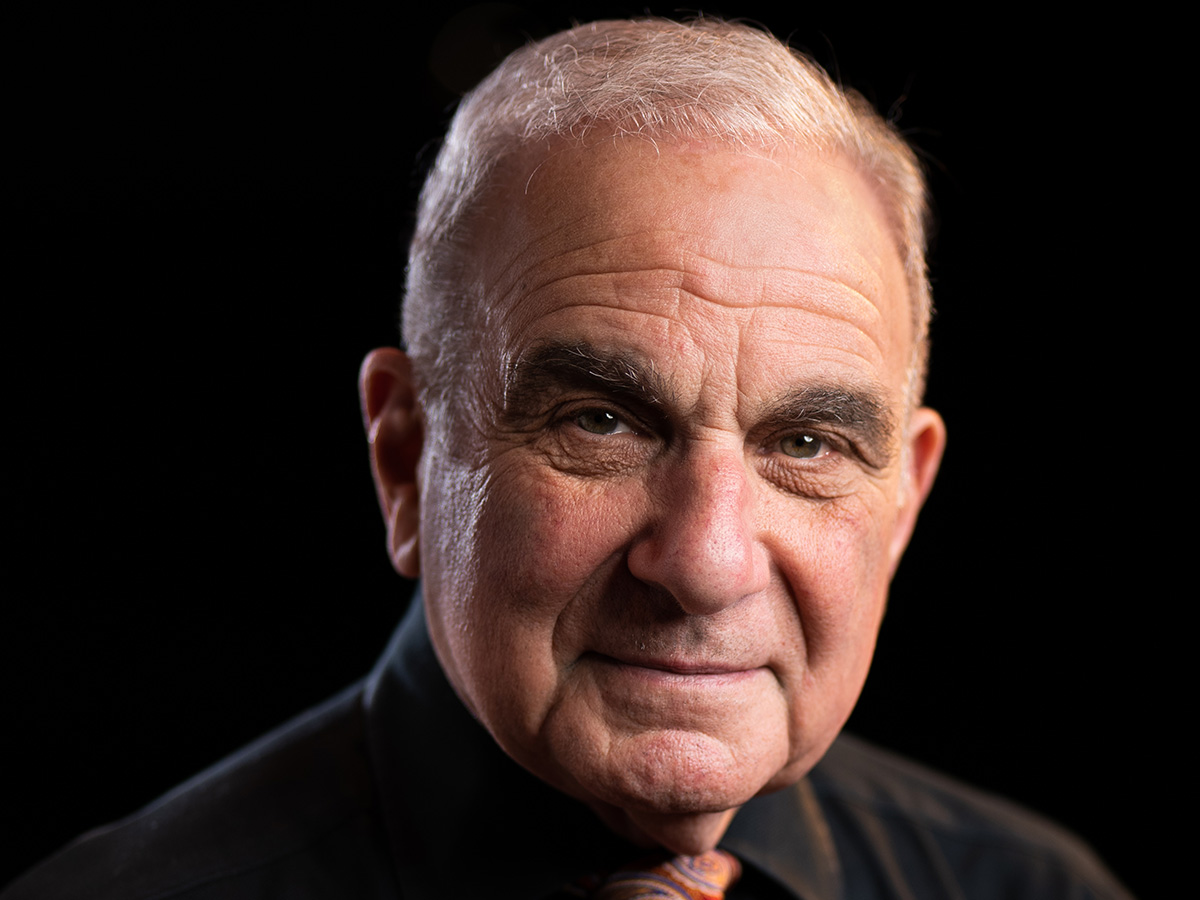
Martin Katz
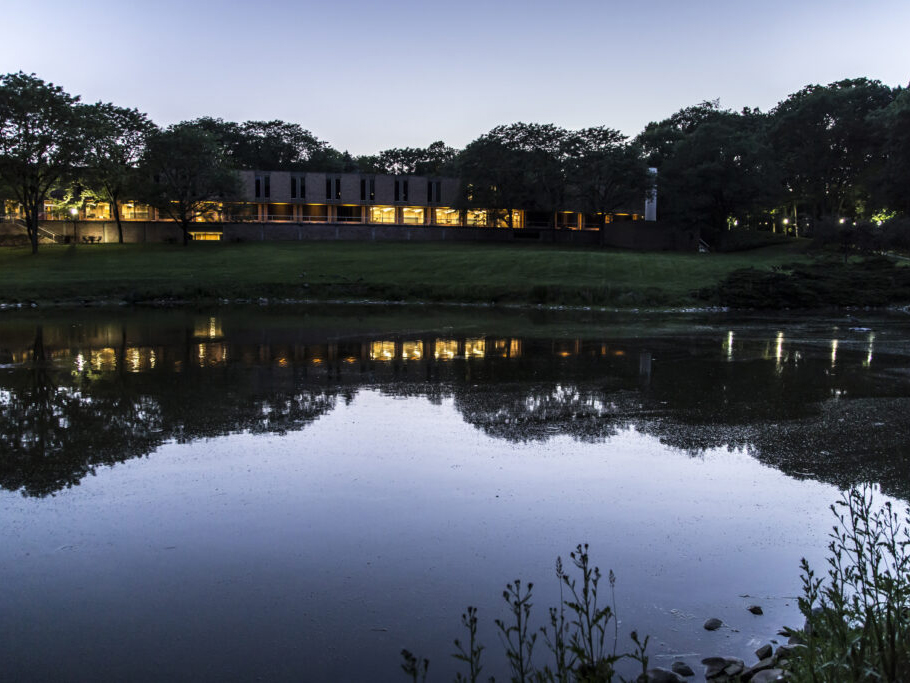
Vadim Monastyrski
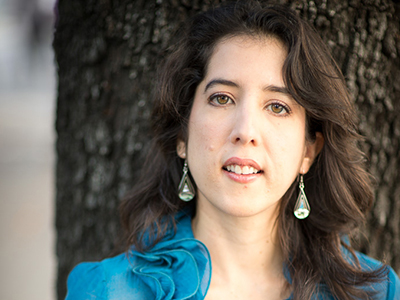
Ana María Otamendi
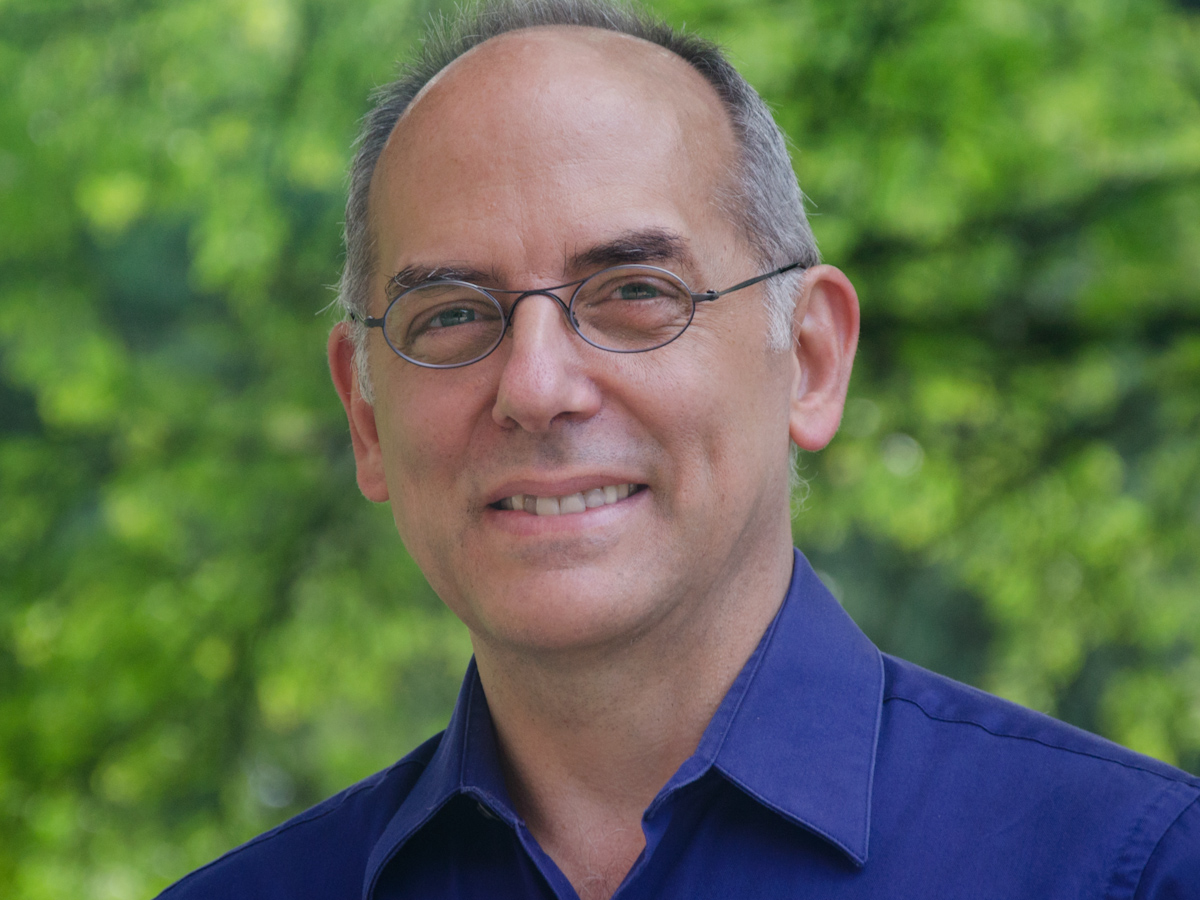
Logan Skelton
Performance Opportunities
From large ensembles in celebrated concert halls to chamber groups in intimate recital spaces, performance opportunities across all disciplines abound, with nearly 900 student performances each academic year. Whether your focus is on early, classical, or contemporary music, whether your passion is for jazz, electronic, or world music, there is an ensemble—or in many cases, multiple ensembles—to suit your interests, including specific opportunities for percussion, piano, and organ & carillon. For students in theatre & drama, musical theatre, dance, and opera, opportunities abound in both professionally produced and student-run presentations.

